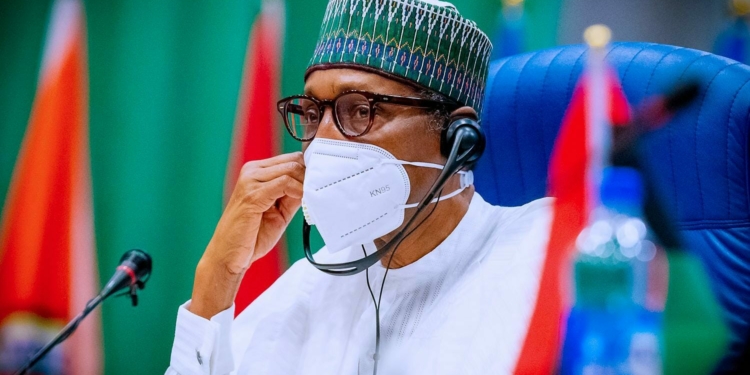Nigeria’s President Muhammadu Buhari has called on national assembly to amend the recent Petroleum Industry Act (PIA), citing unbalanced geopolitical representation.
This request was contained in a letter read by Senate President Ahmad Lawan on the floor of the upper legislative chamber on Tuesday.
The president said, having studied the administrative structure of the Nigerian Upstream Regulatory Commission (Commission) and the Nigerian Midstream and Downstream Petroleum Regulatory Authority (Authority), he is proposing some amendments.
He requested the removal of ministers of petroleum and finance from the board of the two institutions.
“The two ministries already have constitutional responsibilities of either supervision or intergovernmental relations that will continue to perform such roles without being in the board,” he said.
“It is also important to note that administratively, the representatives of the ministries in the board will be directors in the same rank in the institutions.
“This may bring some confrontations on some decision making especially on issues of staff-related matters.”
Buhari asked the number of non-executive members on the boards of both institutions to be increased.
“The PIA provided for the appointment of two non-executive members for the board of the two institutions. I am of the view that this membership initiates limitation and does not address the principle of balanced geopolitical representation of the country,” he added.
“I, therefore, pray for the intervention of the ninth assembly to correct this oversight in the interest of national unity. Needless to add that this amendment will provide a sense of participation and inclusion for almost every section of the country in the decision making of strategic institutions such as the oil industry.
“If this amendment is approved, it will now increase the number of non-executive members from two to six. That is, one person from each geo-political zone.”
The president also asked the national assembly to exempt serving public officers “from the established confirmation process for political appointments.”
“This will ensure effective management of the revenue-generating institutions through uniform implementation of public service roles for employees in the authority,” he said.










Discussion about this post